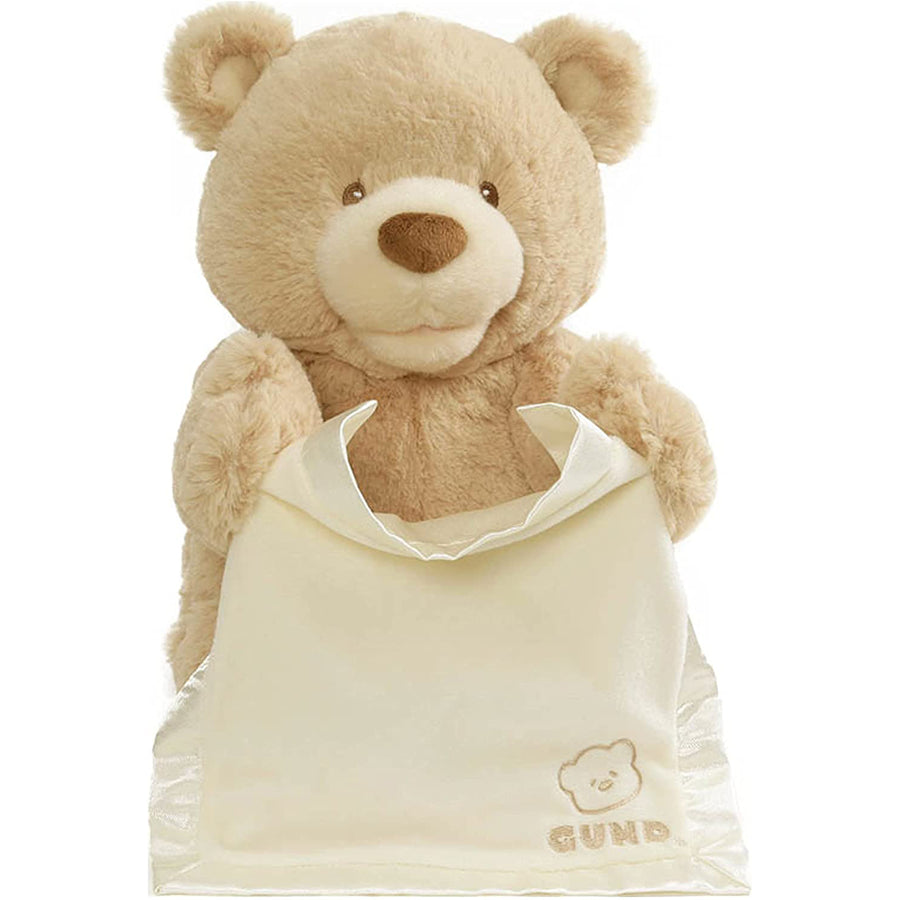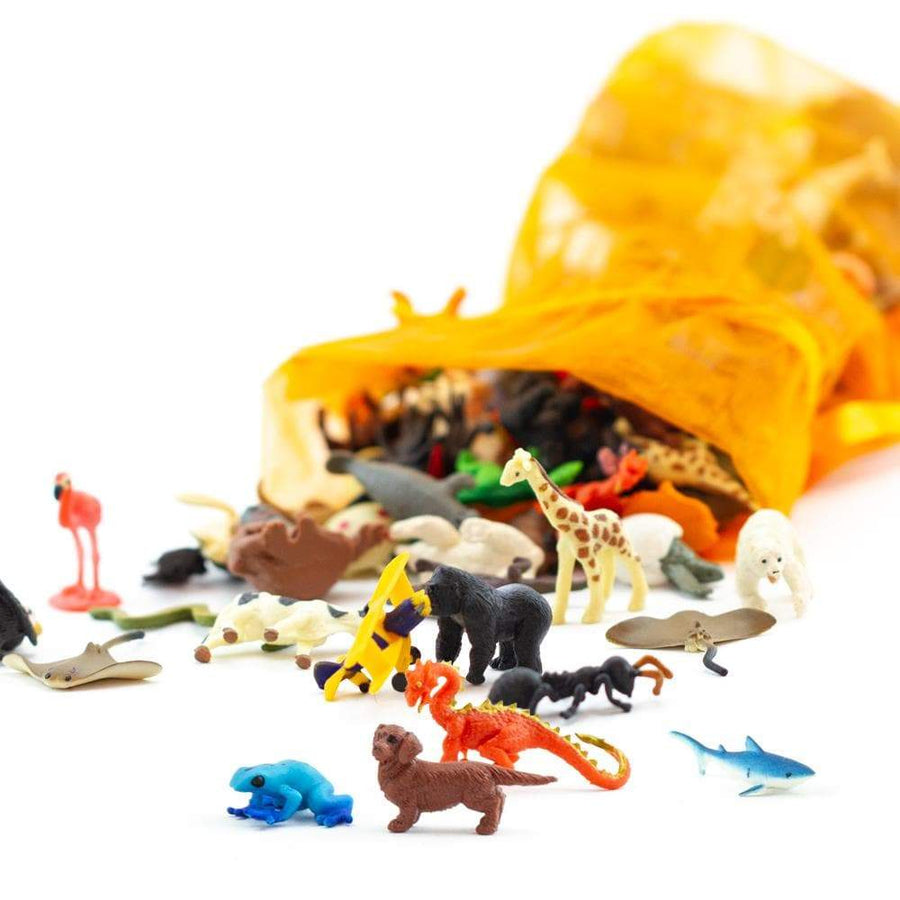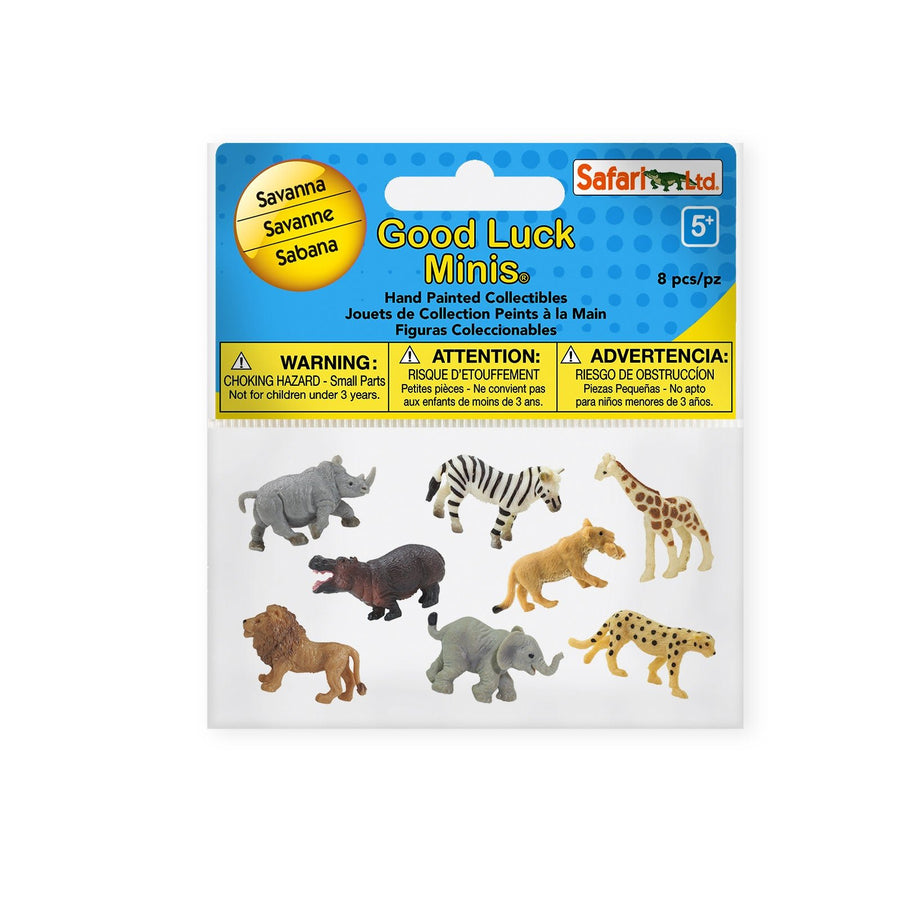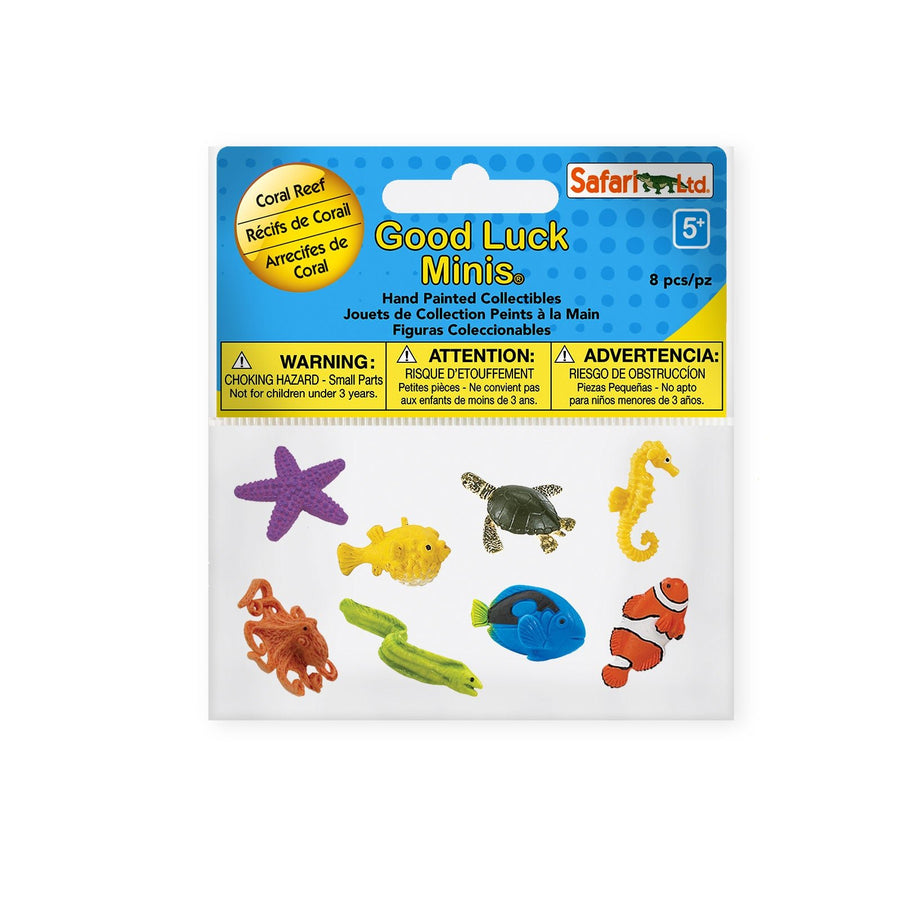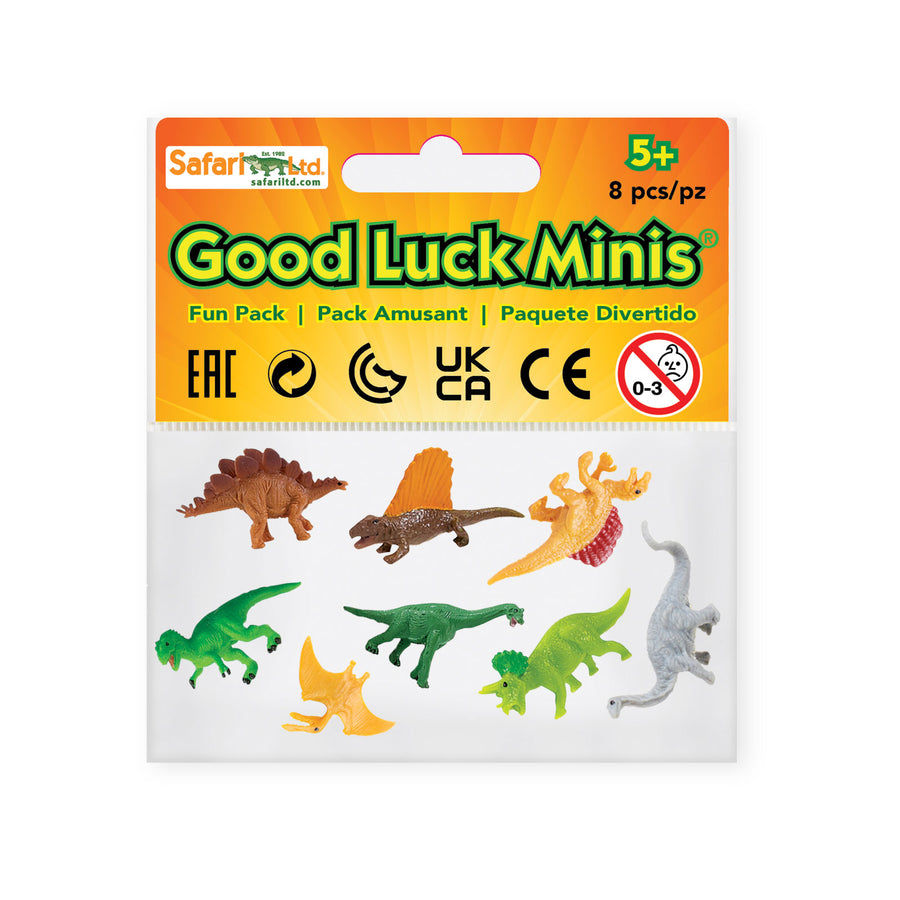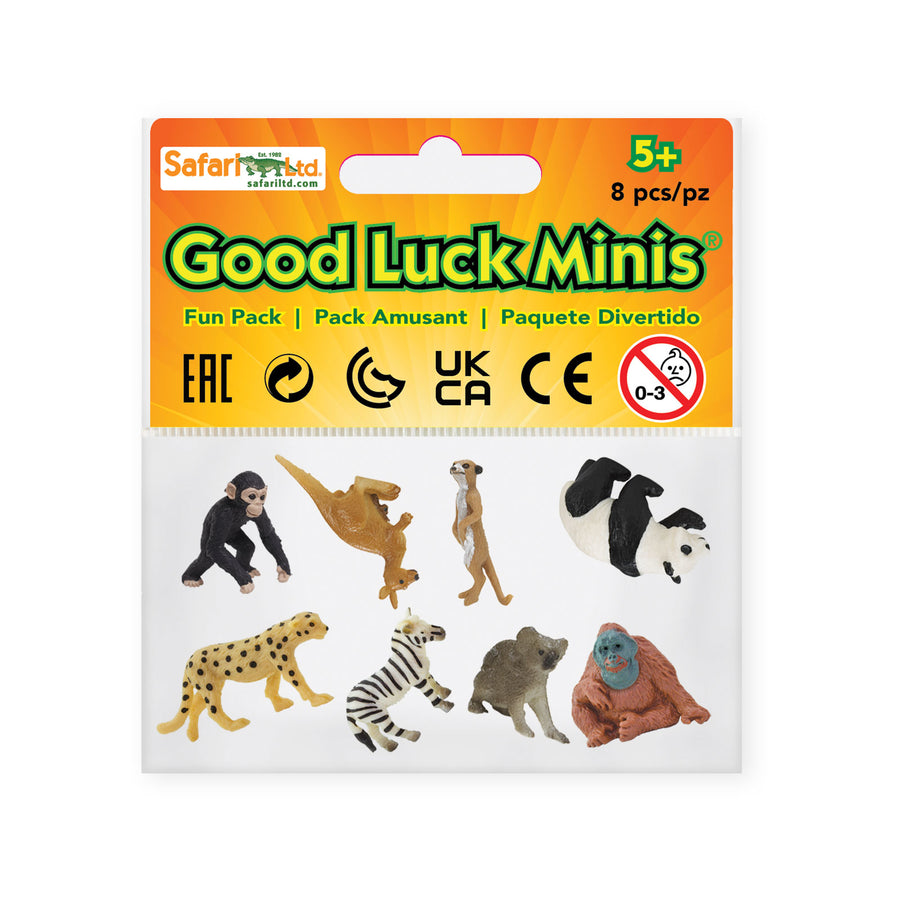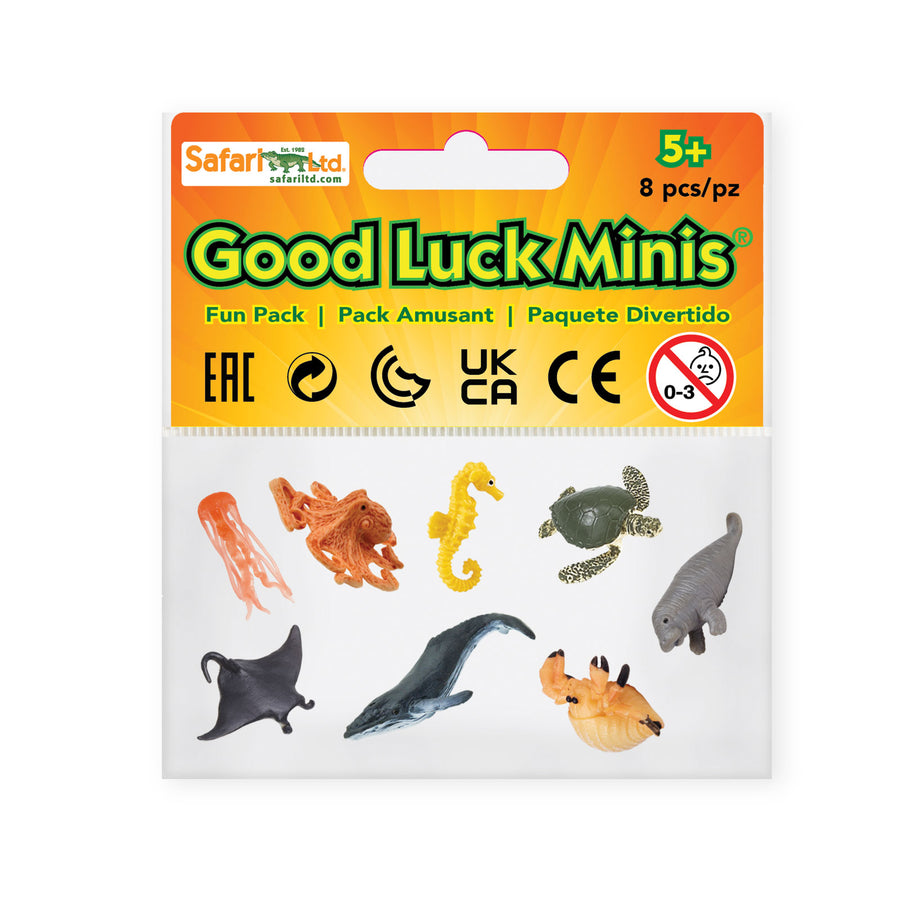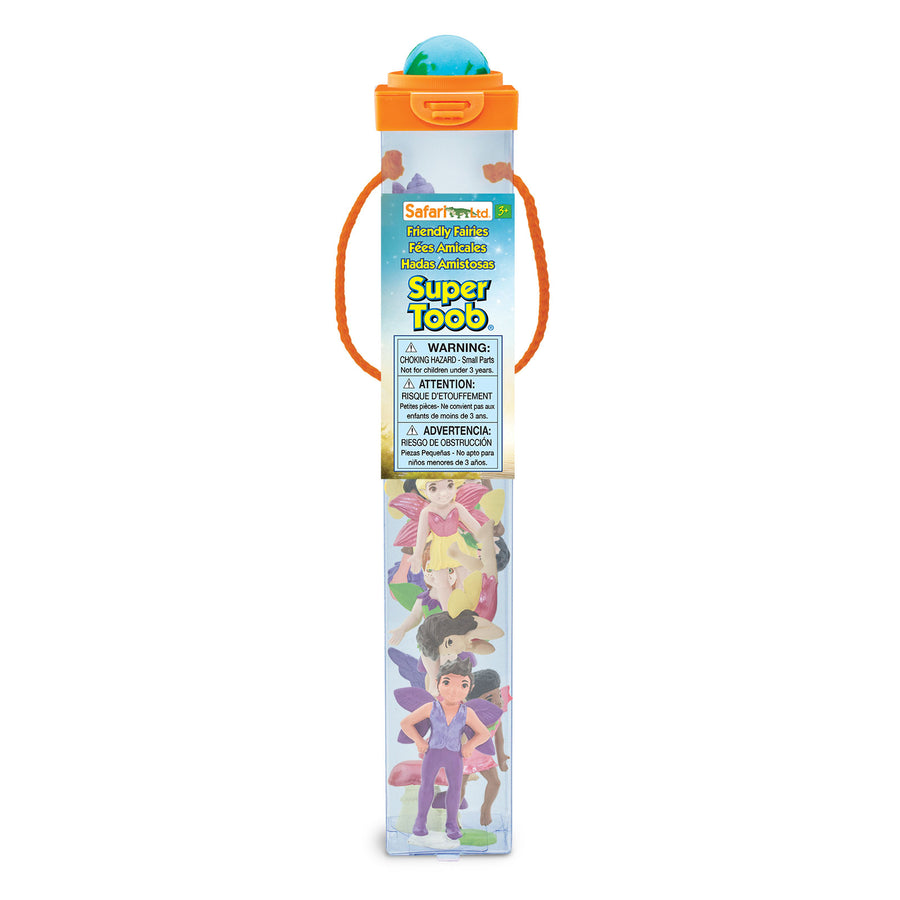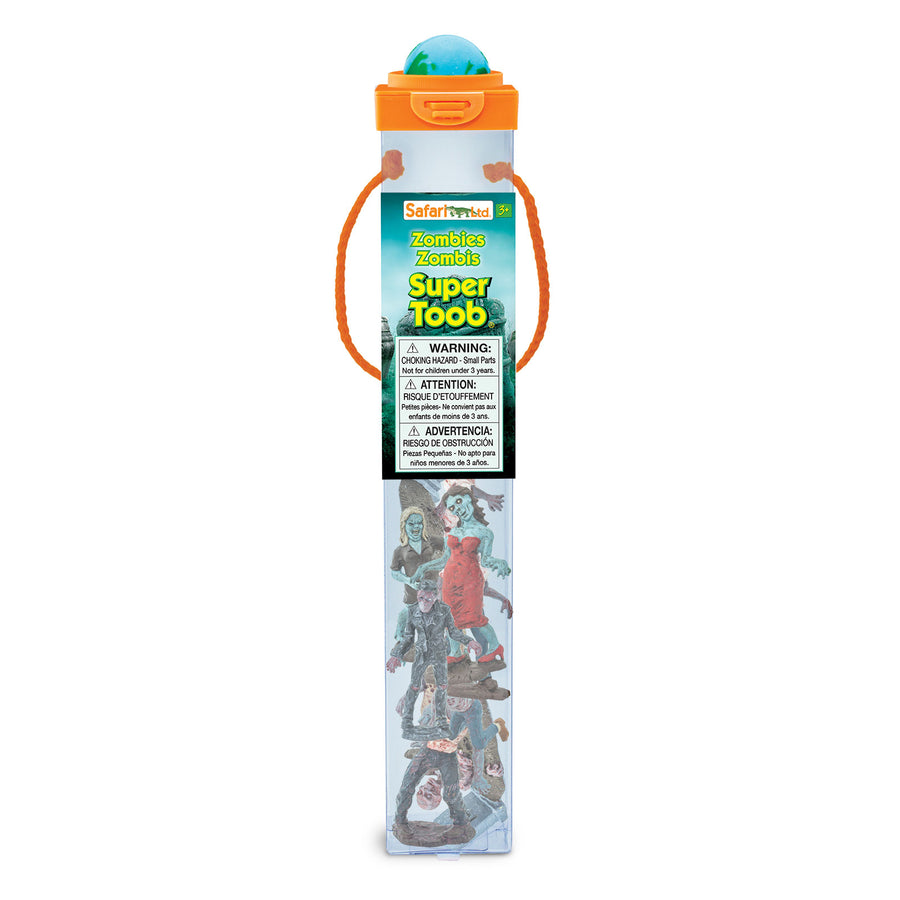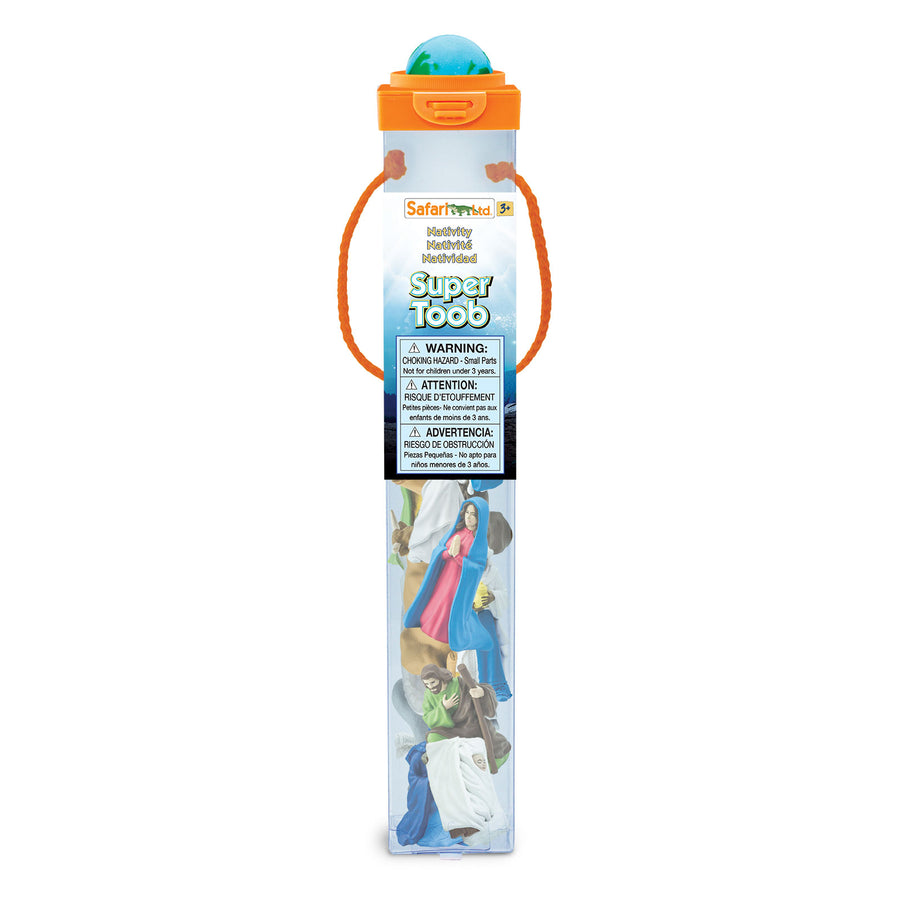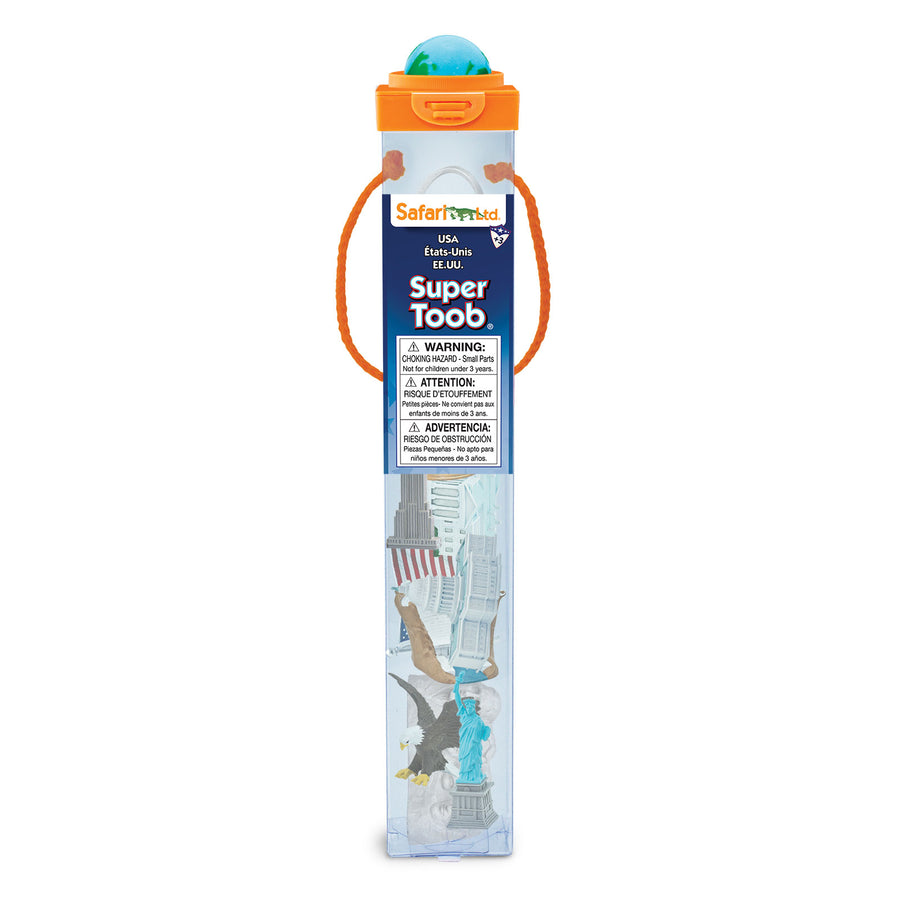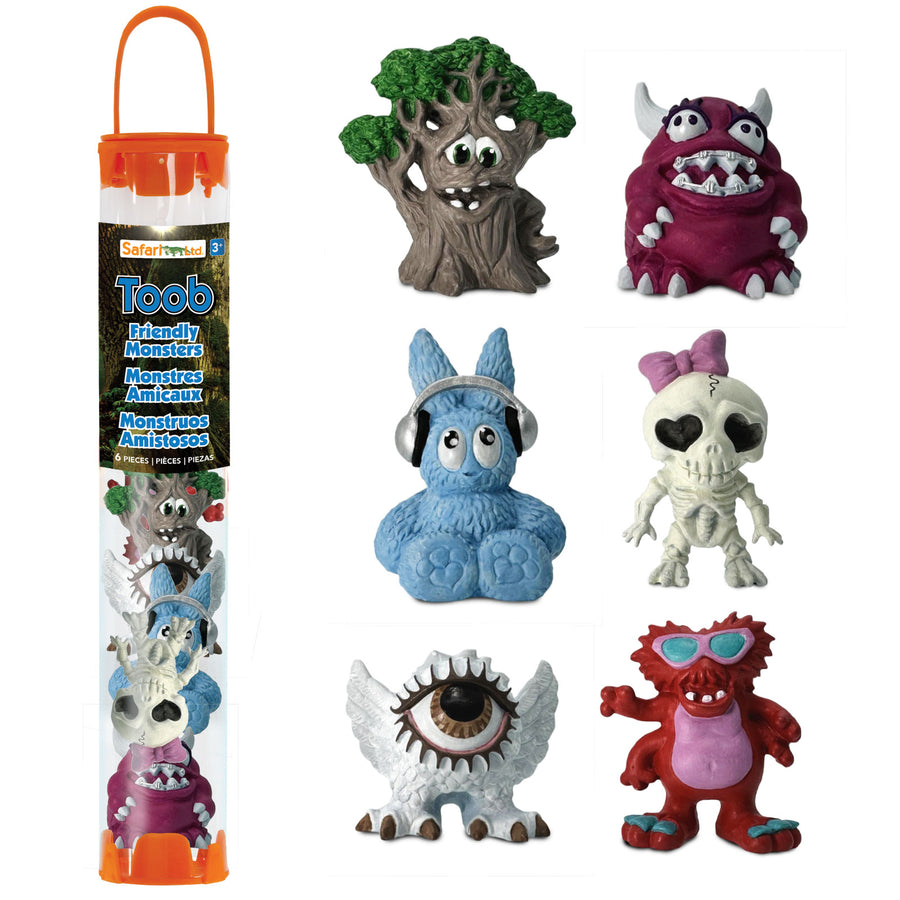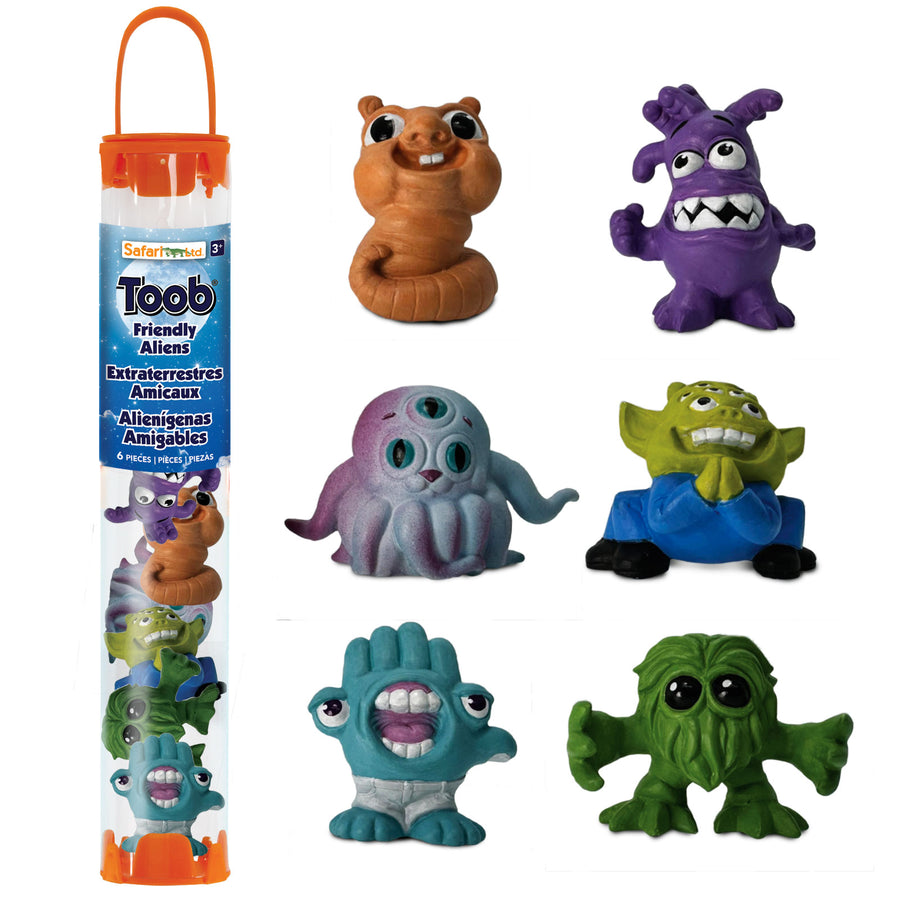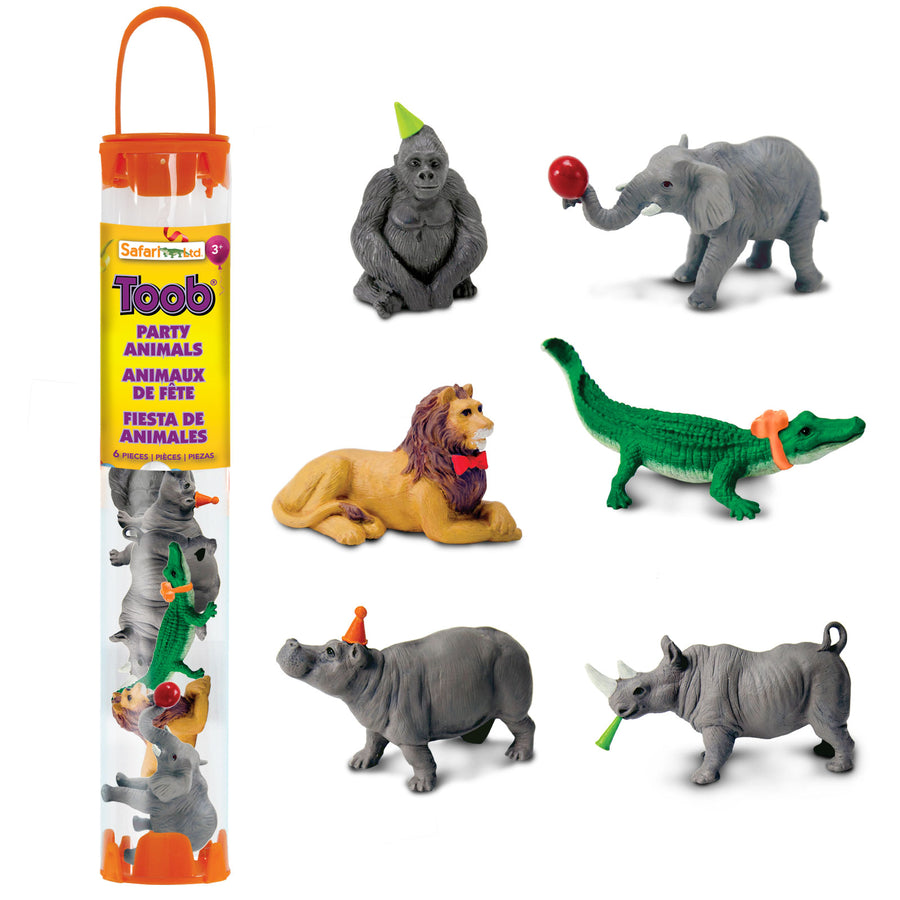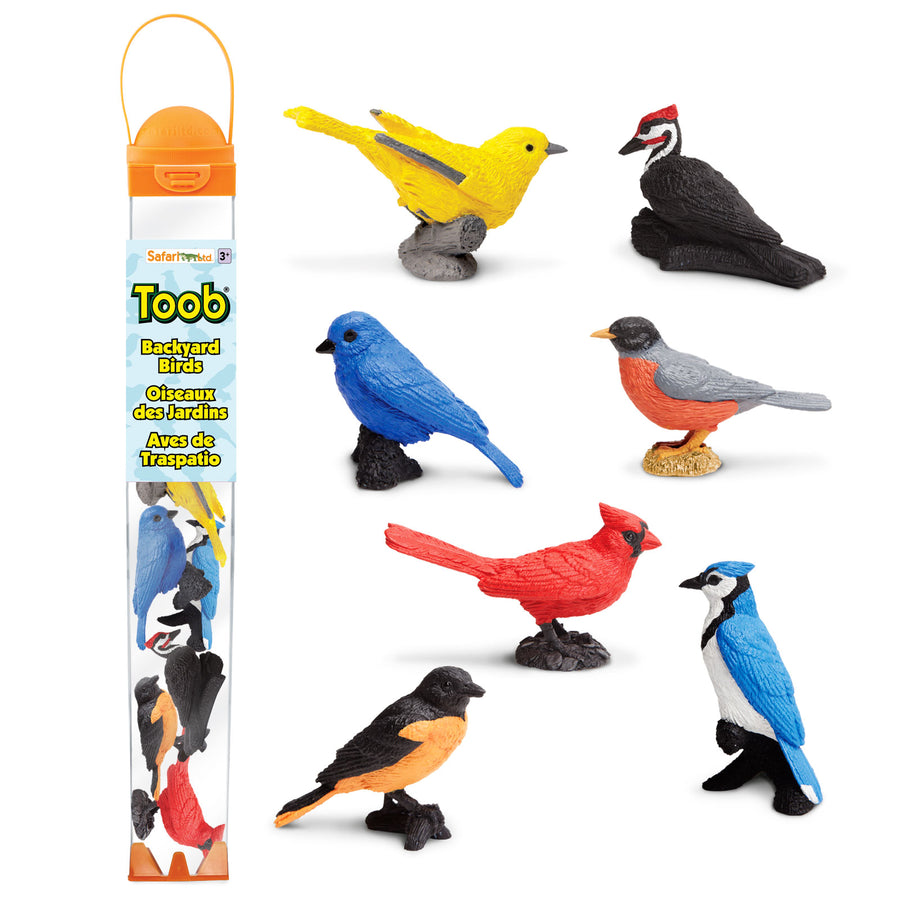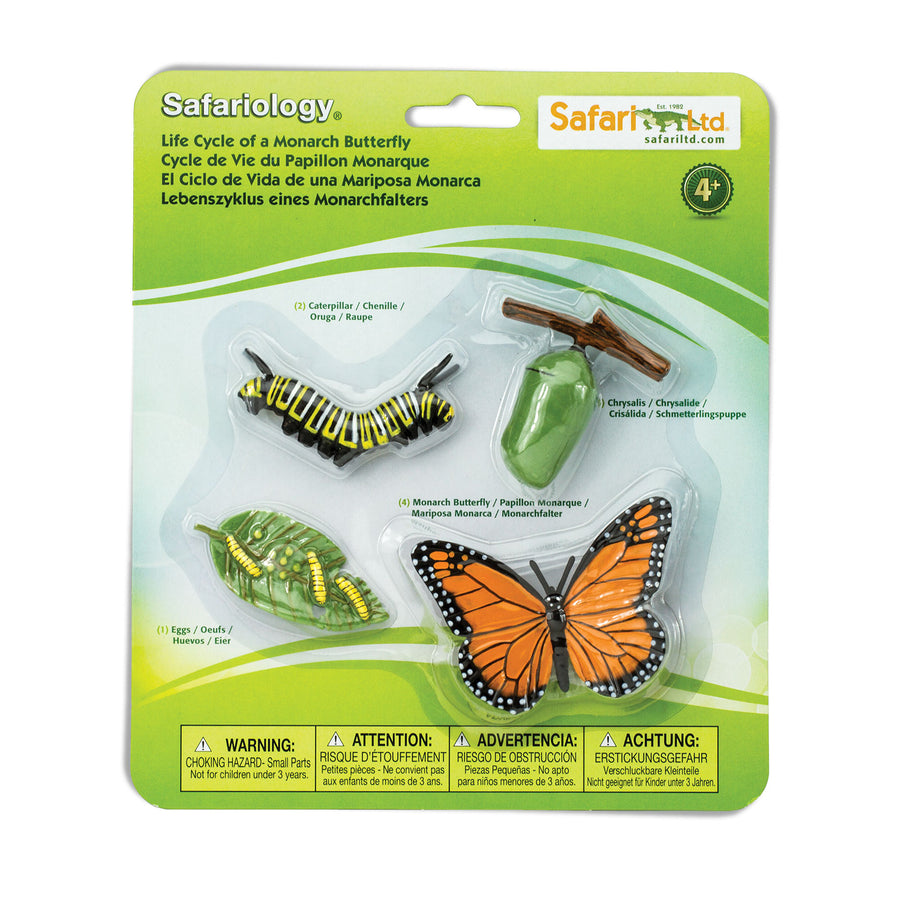Who doesn’t love playing a classic board game? They’re so much more than just a fun pastime.
Children are treated to a combination of entertainment and education when they play board games. These activities are such important tools to encourage kids’ cognitive and social development.
Board games teach kids strategy and nurture teamwork. They really do offer countless opportunities for personal growth.
Research backs up these assertions. A study published in the journal Early Years found that board games based on numbers can help kids ages 3 to 9 improve their addition and counting skills, as well as their ability to recognize if numbers are higher or lower in relation to each other.
Cognitive Benefits
Board games can serve as an effective workout for players’ brains. When kids play games that require strategy, counting, or memorization, they’re able to strengthen their cognitive skills. But they’ll be having so much fun, they’ll never know they’re learning.
Children also boost their problem-solving skills when they play games that require planning and critical thinking. Strategy-based examples, for example, help kids consider different options and make a decision.
Improved memory is another benefit of board games, especially those with rules and sequences. Matching or trivia-based games boost players’ focus, as well as their patience. After all, most games require some element of taking turns and extended engagement. These are crucial skills for academic success.
Interactive toys like Good Luck Minis or TOOBS complement many board games. They enrich cognitive challenges by adding tactile elements. Parents can even consider pairing counting games with small figurines for hands-on reinforcement of math concepts.
Social Skills Development
Research from the American Academy of Pediatrics confirms the social and emotional benefits of collaborative play.
When kids play board games, they have many opportunities to interact with others. Games are invaluable activities in a world where screentime so often dominates. Both teamwork and collaboration are nurtured through cooperative board games where children work together to achieve a common goal.
Communication skills also sharpen when children explain rules, strategize with teammates, and negotiate gameplay. Plus, learning structured rules teaches kids about fairness and respect for others.
Parents can use Safari Ltd.’s many figurines to create storytelling games. By blending role-playing with board game mechanics, kids sharpen their social skills. You might even have kids discuss their game strategies or teach younger siblings how to play, which promotes leadership skills.
Emotional Intelligence
Board games even offer emotional rewards as they can help children learn to navigate their feelings while they build up their resilience in a safe environment. For example, they learn to be a humble winner and a graceful loser. After all, not every game will end in victory, and kids need to accept setbacks.
At the same time, successfully completing a challenging game builds kids’ confidence, which reinforces a can-do attitude. Likewise, the laughter and fun that comes with playing a board game acts as a stress reliever for children and their parents.
With regular family game nights, you can create a sense of routine for your kids, while you give the whole group a chance to bond. Consistent play can even inspire children to open up about their feelings in a relaxed environment.
Academic Enrichment
It shouldn’t be a surprise that board games directly support academic skills like math, reading, and science. Think about games involving numbers. Examples like Monopoly Junior are great for boosting numerical fluency.
Meanwhile, word games strengthen kids’ vocabulary and reading comprehension. Science games featuring animals or ecosystems can spark curiosity about the natural world. Older children can also benefit from games that introduce basic economic principles of historical events.
You can pair these games with Safari Ltd.s’ educational TOOBS to make the activities even more educational and engaging.
Younger children can benefit from shape-matching board games or puzzles that help them develop their spatial reasoning skills. Try and incorporate toys like Good Luck Minis into these activities to offer your child more hands-on learning opportunities.
Family Bonding
Want to spend meaningful time together as a family? Board games are a great way to strengthen family bonds. When you build memories during family game nights, you create traditions your kids will cherish into adulthood. They may even carry on the custom with their own kids someday.
When you play games with your kids, the friendly competition gives everyone a playful spirit while encouraging respectful rivalry.
According to Psychology Today, engaging in board games can reduce stress and strengthen family bonds.
You can create an extra-special game night when you incorporate tactile toys like Safari Ltd.’s figurines. You can set up themed worlds which makes the board game all-the-more immersive and fun. Unsure how to incorporate toys into a game? Try inventing unique rules or even create personalized versions of classic games.
Imagination
Obviously, playing board games can spark creativity. It also encourages imaginative play – especially when the games are paired with physical toys. Just think of all the storytelling opportunities that come with board games that encourage kids to craft narratives.
Add some figurines from Safari to bring stories to life. You’ll be fostering open-ended play that lets kids think outside the box. Consider Safari Ltd’s Good Luck Minis. They can serve as the perfect companions for kids to create imaginative play scenarios.
If you want to offer your child an even deeper creative experience, have them design their own board games using common materials like markers, paper, and small figurines as game pieces. That sort of activity helps kids learn planning and innovation, and they’re also a perfect opportunity for self expression. Let’s not forget… they’re fun, to boot.
Physical Benefits
You probably wouldn’t associate board games with physically-demanding activities. Even when you’re playing them from a seated position, they can still provide opportunities for physical development – especially in younger children.
Games that require rolling dice, moving pieces, and drawing cards all help improve kids’ fine motor skills. When children have developmental delays, board games can provide them with a structured and entertaining way to practice their hand-eye coordination and dexterity.
Then there are interactive games that require movement as part of their gameplay. Activities like treasure hunts and scavenger hunts can feature Safari Ltd.’s TOOBS as clues or prizes. They add a physical component to more traditional play. These sorts of activities make kids want to get up and move around while they’re active and engaged.
Lifelong Skills
So, board games help kids hone academic and social skills, but those aren’t the only benefits of children playing with board games. Not even close.
When kids play board games, they learn skills they can carry into adulthood. Things like decision making, strategic planning, and time management can be attained during gameplay. Patience is another virtue acquired when playing board games since players have to wait their turns. They even learn perseverance when tackling and mastering a complex game.
There are board games that introduce basic financial literacy components, so kids learn to manage their resources and negotiate transactions. Other games simulate real-world scenarios like running a business or solving environmental challenges. All of these activities help children grasp broader life lessons. Some games even require resource management or long-term planning that helps kids develop their critical thinking abilities.
How to Choose the Right Board Games
Every board game is different. Choosing the right one for your child’s age and interests will help you reap the greatest benefits.
When you’re shopping for board games for your children, keep in mind that you should choose games that are age-appropriate to prevent boredom and frustration. You also might look for games that teach specific skills like spelling or geography.
Remember, games with variable outcomes will keep kids engaged longer. You can enhance the gaming experience for younger children by adding animal or dinosaur-themed figurines from Safari Ltd.’s TOOBS.
If you have multiple children, cooperative games promote teamwork and minimize sibling rivalry. Puzzle-based games or interactive storytelling activities, on the other hand, are great choices for solo play.
No matter what you ultimately decide, involving your kids in game selection will boost their enthusiasm.
Integrate Toys into Board Game Play
Why not spice up traditional board games we all know and love with a little extra interactive fun?
You can incorporate toys like animal figurines from Safari as game pieces for a jungle-themed game. Or, you might instead really send imaginations into overdrive when your kids create a custom board game with TOOBS for themed challenges. Kids can invent their own rules and stories using Good Luck Minis. It makes playtime all the more memorable.
As a parent, you can also encourage your kids to make dioramas or themed backdrops for their games. Just by adding toys to games, you can transform an ordinary board game into a multi-dimensional adventure your kid will never forget.
These sorts of additions help kids develop their storytelling abilities all the while they explore creativity in so many unique ways.
There’s no doubt about it. Choosing the right educational activities puts your kids that much more ahead of the game. Just remember, fun is always the name of the game!


